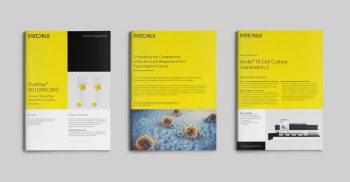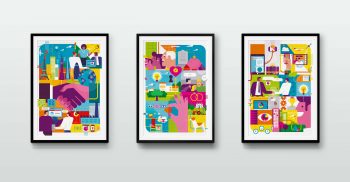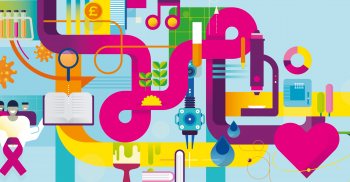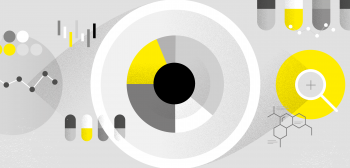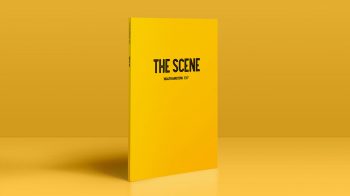Marketing and the reasons we buy
If you like the way we think click to say hello:
07712 270 198 / adrian@adriansableandhawkes.co.uk
‘So why should I buy this?’
It’s a fairly basic question isn’t it, one that should invite no hesitation from sales or marketing. But more times than I care to remember the answer still begins by internalising the case, gets hung up on defining USPs and product attributes, ‘we have the best technology, ‘we offer the best service’, etc, but rarely continues ‘… and what this means to our clients is …’.
And even if you do have the best, you may not have the best of everything: the best technologies are often only adopted if the price point is right or you’ve timed your market entry to harness a particular technological or cultural wave. The best service only matters if the product, the online bank account, the coffee or flight also has the value your customers want. Being the best is often a nuanced argument anyway and ultimately like being the cheapest, it is a great target for the competition to aim at, so only a fleeting position as well.
Rather than hearing what makes our clients’ ‘the best’, we always like to know what makes what they do important to their customers, what makes it meaningful?
So why should I care about this?
This for us is a much better question and as is often the case with brand stories, it’s the international brands with the huge audiences who provide some of the best examples of how to bring a sense of meaning to what you and your brand do.
Here are but a few examples:
NIKE
They bring meaning by understanding the human spirit: Nike hasn’t grown to dominate the sports footwear market by harping on about trainers. In fact, Nike ads rarely, if ever, mention their products at all. Take the ‘Just Do It’ campaign – a classic example of meaningful brand engagement. Many of us worry about the things we can’t do, or think we can’t do, or are afraid to do.
Nike sums up the answer to this problem in just three words. ‘Don’t think: do’. By convincing us that we can all do what we want if we only believe in ourselves, Nike has tapped into a universal truth about human beings: that we are drawn to the confident and to the things that boost our own self-confidence.
UBER
They bring meaning by answering our fears: Uber has had its issues but has still gone from nothing to a company valued at $62.5 billion in less than 10 years – and one key reason why is how they dealt with the biggest emotional barrier to service adoption, our trust in the safety of the service and their drivers. Uber realised very early on that the most meaningful way to deal with this fear was to get us, the customer, to recommend the service for them. If you rather than Uber tell me it’s safe I’m much more inclined to believe it.
AMAZON
They bring meaning by making our lives easier: Amazon’s personalisation efforts aren’t new but its approach is slightly different. Meaningful for an Amazon customer are familiarity and speed. We could go somewhere else, but Amazon’s use of technology and product curation has helped (encouraged) us to shop so damn easily over the past decade that, well we just don’t.
In conclusion
All iconic brands have one thing in common: they have built and sustained strong emotional bonds with their customers. No company can connect with everyone, and no brand can be the most meaningful for all. But by focusing specifically on what matters most to your customers, and on their particular needs or concerns, it is possible become the best choice for them in much more relevant, useful and meaningful ways.


